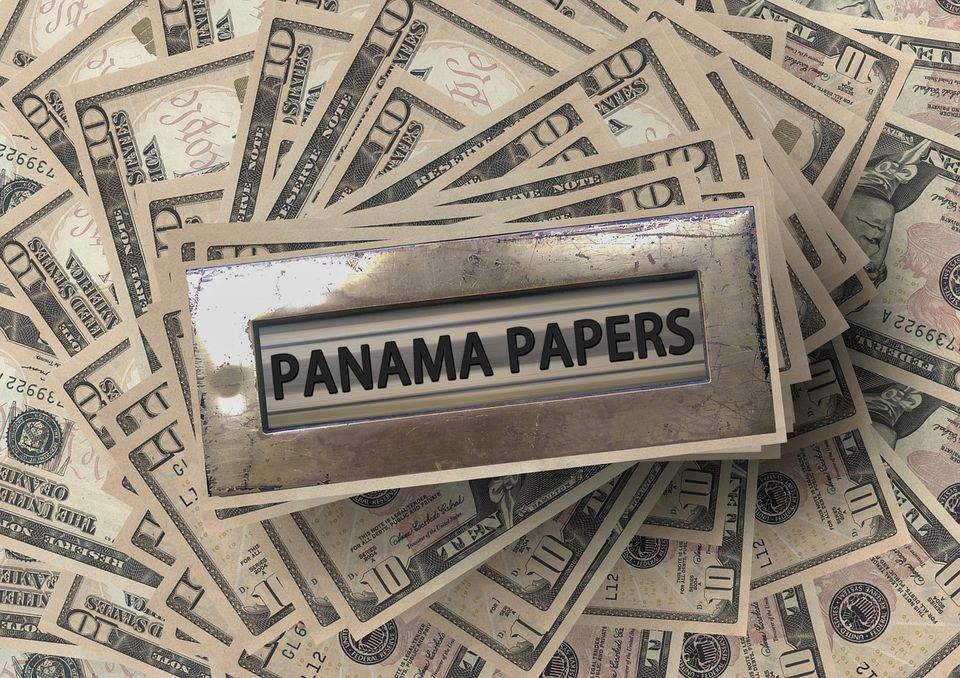
Asset recovery and repatriation: Could the impossible solution be just the right fit for the impossible conflict?
Written by Erica Razook
For a simple overview of the conflict, a casual reader can turn to Wikipedia’s entry for the “Syrian Civil War,” which has no less than 860 footnotes. An advanced reader might turn to the myriad of reports produced by international human rights and Syrian civil society organizations, including the Syria Justice and Accountability Centre, to learn detailed information about the record of violations that have occurred since the start of the conflict.
This record of abuses will be critical in assessing justice and remedy mechanisms for the survivors. And there are a lot of survivors to consider — estimates of up to 470,000 people killed, half the population displaced, and an unfathomable 4 million plus refugees as of July last year. Reparations processes for survivors, and the country as a whole, must be as robust, widespread, and multidimensional as the conflict itself, and, to be effective, will need to prominently include the active participation of victims, the families of the slain, and the survivors of trauma. In particular, women, who have largely been absent from peace negotiations, must be actively involved.
Funding such a robust and inclusive reparations in post-conflict Syria will be problematic, however. This is where one of the most complicated wars in modern history meets its match in a politically, legally, and socially complex area of remedy: stolen asset recovery and repatriation. Despite the complexities, Syrians, having survived a domestic uprising and the military interventions of dozens of states, could be up for the challenge.
Recognized as “one of the most complex projects in the field of law,” international asset recovery includes the tracing, freezing, confiscation, and repatriation of illegally obtained proceeds located in foreign jurisdictions. The history of stolen asset recovery and repatriation is not simple. It takes significant political will to reach the point of identifying and freezing the assets of political leaders and their associates in foreign countries. And freezing assets is only the beginning of a contorted series of legal and political confrontations to determine to whom the assets rightfully belong, how to distribute and allocate the funds, and who gets to decide. These questions will turn on interpretations of Syrian law, as well as international law and the laws of the jurisdictions where the assets are found.
While Switzerland, the European Union, and the United States announced asset freezes of accounts held by the Assad family and associates in 2011 and 2012, many commentators opined that the total amount frozen (£100 million in the United Kingdom, $78 million in the United States, and 70 million Swiss Francs) is likely a very small proportion of the assets abroad, most of which are presumed to be concealed in jurisdictions less likely to identify and freeze accounts, such as Russia, Hong Kong, or other states in the Middle East/North Africa region.
Even within the small portion of wealth that has already been frozen, arguments are already surfacing with regard to its legal and rightful ownership, with both the government and opposition making claims over the assets. Even non-Syrians may have legal claims over the funds. For instance, lawyers representing the family of Steven Sotloff, an American journalist beheaded by the Islamic State of Iraq and al Sham (ISIS), have filed a civil suit against the Syrian government and may be eligible to recoup a fraction of the frozen assets if the court finds in the family’s favor and the Syrian government refuses to pay damages.
The World Bank’s Arab Forum on Asset Recovery, a 2012 initiative to support asset recovery by Arab countries in transition, is now entering its fifth year, but it has not yet proven particularly successful in wading through the competing legal perspectives of the “home” and “host” states, nor the political discord that accompanies these differences in views.
The one bright spot in this otherwise entangled dynamic is the increasingly useful and relevant role of civil society’s participation in conversations about how to identify public assets as such and return them to their true beneficiaries — the people. Given the extraordinary international attention on Syria, domestic civil society, with support from colleagues and allies in “host” countries as well as in other countries that have relevant experiences to share (such as Kazakhstan, Nigeria, Angola, Equatorial Guinea or Ukraine), could play a very prominent role in leading the conversation about the possibilities for open, clear adjudication of disputes over the assets and their disposition.
If there is any silver lining to the horribly grey clouds that have hovered over Syria for the past several years, it might be that there is both international space for Syrian civil society to be heard, and that such space might actually prove useful as a starting point for citizen-government dialogue. Starting with even a relatively tiny fraction of Syria’s resources — a mere few hundred million USD — has untold potential not only for providing remedy to those devastated by the violence and for rebuilding key support systems but also for building trust, stable governance, and the equitable distribution of resources.
Despite the political obstacles, isn’t it at least worth a shot?
Erica Razook sits on SJAC’s Board of Directors and is a Syrian-Lebanese American anti-corruption lawyer and certified fraud examiner living in New York. She participated in the 2014 Arab Forum on Asset Recovery and supported civil society efforts to repatriate stolen assets to Equatorial Guinea, Nigeria, and Ukraine in her former role at the Open Society Foundations, including coordination of the civil society-led event on the topic at the 2015 UN Financing for Development Conference in Addis Ababa.
For more information and to provide feedback, please contact SJAC at [email protected].